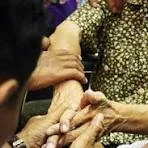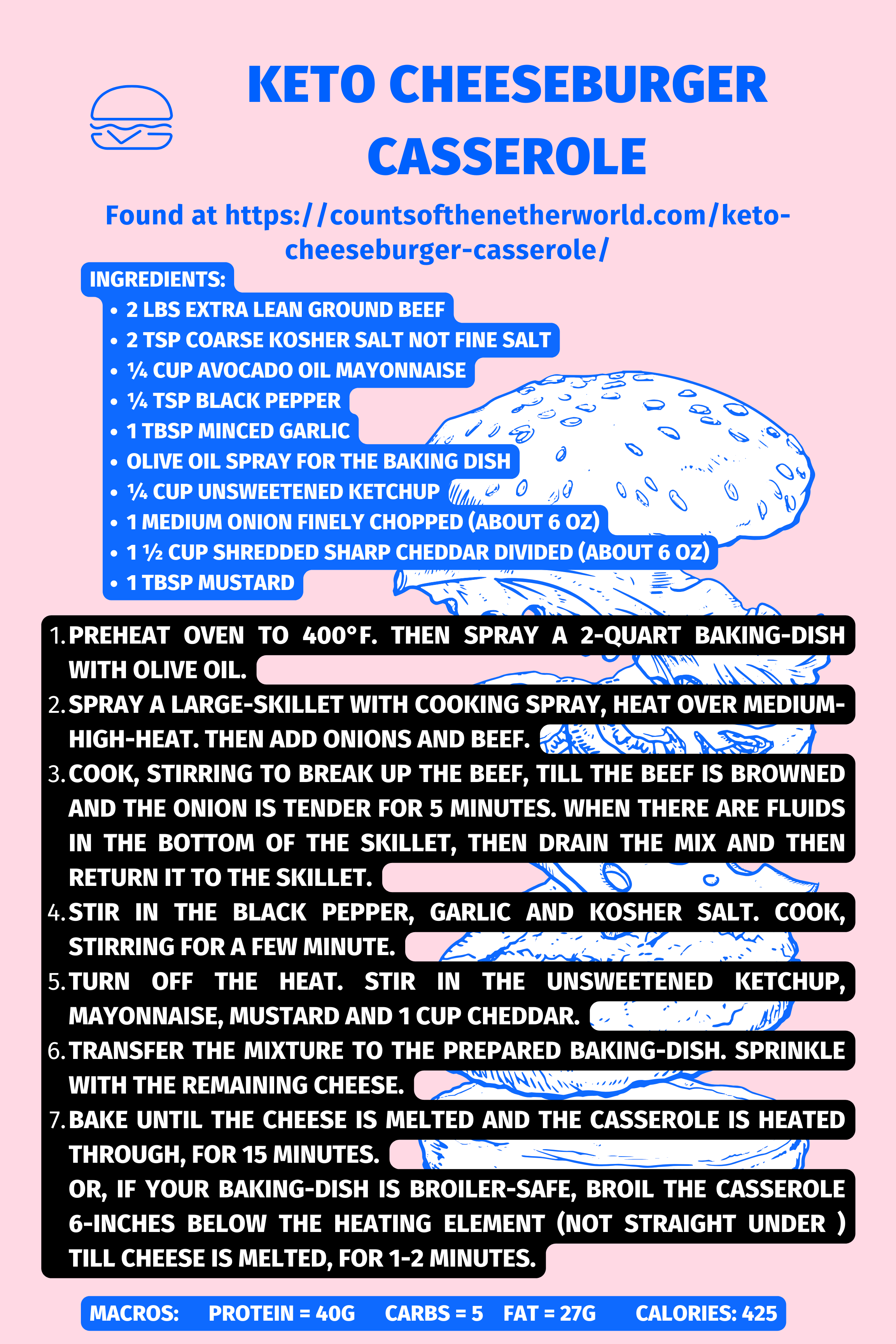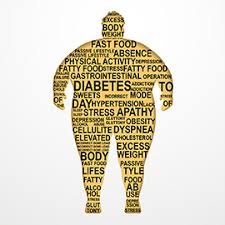I need your help. I’ve been tasked with coming up with a brochure that explains “my passion.” In this case, my work passion. Although sharing what my passion is, in and of itself, fairly easy for me to do, synthesizing my thoughts into a clever title and compelling brochure… well, that’s another thing all together.
You see, as I wrote about in my first blog post, I have an “interview” of sorts tomorrow with a manager for a professional continuing education organization. We had a first interview after I submitted a proposal for an all-day program to educate other mental health professionals. He liked the proposal, my style and my website. Just not the topic I proposed. He encouraged me to succinctly share what “my passion” is and present it in a way that would entice others in the health care field to come listen to me talk all day long and hopefully take away useful information with which to help their own patients.
Plainly stated, “my passion” is to help people acknowledge and address any unsettled issues from their past that are interfering in their present life so that they may live as the healthy, happy people they were created to be.
How? Primarily by healing the relationship they have with themselves.
What does that mean? People spend the years in the families in which they are raised learning about life, attitudes, communication skills, relationship skills, boundaries, and how to express feelings. Children are shown examples of high or low self-esteem, styles of self-expression, religions, and political attitudes. They see how the adults in their lives treat children, how they treat members of the same and opposite sex, and how they treat the elderly. In their families, children learn work ethics, the value of education, and thousands of other things.
Keep in mind, the things we learn when we are children can be healthy examples of how to be an adult, or they can be unhealthy examples. Often, we learn some healthy and some not-so-healthy ways of being, thinking, and behaving in our families of origins.
In the families in which we are reared, we are supposed to become prepared to live as healthy adults in the world. To which I say, BAHAHAHAHAHAHAHAHAHAHA! Why do I laugh? Because I don’t know too many really healthy adults. Fortunately, I know and see a lot of people who want to be healthy adults and who are working toward becoming healthier adults. This includes me. I want to be a healthy adult and am continually working toward becoming a healthier adult.
Am I being cynical believing there aren’t many emotionally healthy adults? I suppose I could be, but in the world in which I live, as a psychologist, I hear a lot of the worst of the worst about unhealthy adults whose children have grown up and are now sitting in my office.
Plus, I have worked in a number of adult office environments. Think about where you work or have worked in the past. Were there people who gossiped about other co-workers? Did anyone ever “lose it” and scream and holler and cuss in a place they ought not to be behaving in such a manner? Have you ever had or seen a boss play a power-hungry-person just because they could? Were there “cold wars” amongst factions in the office, some groups not speaking to other groups? Did you ever observe a co-worker sabotaging another’s work? How about seeing a person who lets everyone in the office know they are mad at so-and-so, but never talk directly to so-and-so? Have you seen office egos out of control? Tempers out of control? Dictators out of control? Those are NOT the behaviors of healthy adults.
How about adult friendships? Ever hear someone say “yes” to doing something when they didn’t have time or didn’t want to just so they were included, befriended, or kept in the loop? Ever hear a group of friends backstab someone who isn’t present? Know anyone who has slept with a friend’s spouse? Again, not healthy adult behaviors.
What about healthy adult communication? How often do we see direct, healthy communication skills in action? More importantly, how often do we implement healthy adult communication skills? Particularly in our most intimate relationships? Do spouses tend to talk more kindly to their friends and coworkers or to their spouses and children? Do the couples you know engage in sarcasm? Pushing of emotional buttons? Defensiveness? Regular arguing rather than discussing of issues? The silent treatment? Passive aggressive behavior? Accusations? Nagging? These are NOT healthy adult behaviors.
And then there’s the area that causes me the most deal of anguish: PARENTING. Do you know adults who neglect children (don’t pay attention to their school work; don’t attend their activities, recitals, games; don’t listen to them when the child tries to share something important to them; don’t get children the educational or dental or medical or mental health care they need; neglect to tell pre-teens about what happens at the time of puberty; parents who leave kids home alone when they are too young or leave them with a sitter too often; adults who don’t hug or kiss their children or tell them they love them; adults who regularly abuse substances in front of children or fail to get help for an addiction)? Do you know parents who abuse their children (call them negative names like fat, stupid, idiot, slut, or annoying; tell them they can’t succeed; compare them with their siblings; yell/rage at them on a regular basis; hit them with hands, fists, belts, or other objects; sexually abuse them; abuse spouses or others in front of them)?
Were you a child that experienced adults in your life who behaved like any of descriptions of adults above? These are not healthy adult behaviors. Yet that is what we saw. And that is what we learned about being adults.
Most of us did experience or witness these examples of unhealthy behavior by the adults in our lives, to one degree or another. No adult is the perfect example of “healthy.” Most of us, as children, had some good and great things happen in our lives, and saw some great examples of healthy adults and healthy parenting from the grown-ups in our lives. Most of us also experienced some negative things in our childhoods and saw unhealthy examples of “adulting” and unhealthy examples of parenting.
This is not about blaming parents or others for our problems in our own adult lives.
This is about the fact that CHILDREN LEARN WHAT THEY LIVE.
Then guess what they do? THEY LIVE (in their adult lives) WHAT THEY LEARNED!
Sure, our adult behaviors may look different or we may have pledged to do things the exact opposite of the way our parents did things. But to one degree or another, we, as adults, we do live what we learned. Or we marry someone who behaves the way the adults from our childhood behaved.
In addition, we continue, in our adult lives, to use whatever coping skills we developed as kids to cope with unhealthy, negative things that were happening in our young lives. Unfortunately, our childhood coping skills don’t work in our adult lives if we want to be healthy adults.
For example, perhaps you learned to “disappear” as a child (by reading, watching TV) to tune out and avoid seeing/hearing arguing or fighting, or to avoid being yelled at or criticized or abused. In your adult life, you likely avoid any form of real or imagined conflict in your present relationships. You opt to “shut down” and don’t communicate directly. You “disappear” into social media or reading or television rather than deal with the present reality in healthy ways.
If you were the type, as a child, to try to intervene in adult arguments or if you tried to protect your siblings, you may now be the person butting into others’ lives when it is inappropriate to do so. You want to “fix” everyone else’s problem.
Maybe you found a substance at a tender age that helped you not to feel: food, alcohol, pills. As an adult, you continue to abuse substances or engage in additive behaviors to avoid relationships, feelings, or conflict.
Lord, have I gotten off track! The point I’m trying to make is that people often grow up ill-equipped to be a healthy adult because they never learned how to be one. They didn’t have examples of communicating in assertive, direct ways. They weren’t shown how to set healthy boundaries. They didn’t see healthy marriages, healthy family relationships or healthy friendships.
Most people grow up and behave like children trying to protect themselves. Most people grow up feeling not so great about themselves, for a hundred different reasons. Partly, just because they were kids. Children naturally think anything in life that goes on around them is somehow their fault. They blame themselves for parents divorcing, for siblings being hurt, for a mother’s depression, a father’s gambling addiction, for grandma being mean and critical. In the child’s mind, if bad things happen, it’s their fault. That’s the nature of children.
Children also grow up and, even as adults, behave like children. Because that is what they know how to do. And that is what they know because that is what they learned from the adults in their lives when they were children.
The tragedy is, many people grow up not feeling good about themselves. They act out their not feeling good about themselves in the ways mentioned above: poor communication skills, poor boundaries, eating too much, drinking too much, avoiding too many things, unable/unwilling to share their thoughts, feelings and honest observations with others. Adults carry with them shame from the past. Shame that says they are not okay; they are flawed. This shame prevents them from knowing their true selves, prevents them from following their own passions, prevents them from acknowledging and sharing their own gifts, and prevents them from living fully.
My passion is to help people learn to acknowledge those things that lead to living a shame-based life: any losses, neglect, or abuse. I want to help people talk about those things they never shared with anyone. I want to be with them as they express what it was like to be a child in a home where a parent dies and they didn’t have anyone to help them deal with their grief. I want to give them a chance to talk about what it was like having to move across the country in the 4th grade and leave their friends. I want to sit with them as they share the sadness and anger of having a parent who made promises to spend time with them and then not show up. I want to be present as they talk about the disgust, the rage, and the pain of being betrayed by a cousin, aunt, grandfather or babysitter who sexually abused them.
I want to help them heal. Then find their authentic self, discover their talents, their unique gifts and their love of self. I want to help people heal the relationships they have with themselves in order that they may live fully. I want to help them learn what it means to be a healthy adult and share tools for living as such. I want to help them love and respect themselves enough to care for their physical, emotional and spiritual health.
THAT’S IT! You have helped me figure it out.
My passion is about helping people heal from the inner shame they act out in their adult lives through unhealthy behaviors, to compassionately heal their relationships with themselves, and in so doing, heal other relationships in their lives. I want to help adults learn healthy adult living tools in order to become the best version of themselves and live fully.
Okay. Now to put that even more succinctly and then into “therapeutic terminology” that the “mental health professionals” will approve of!
My passion: To help people overcome shame and become healthy adults.
A possible title for the continuing education workshop: Helping Adult Patients Grow Up: Therapeutic tools for Overcoming Shame and Generating Emotionally Healthy Selves. A Psychodynamic Approach.
We’ll see how that goes!




